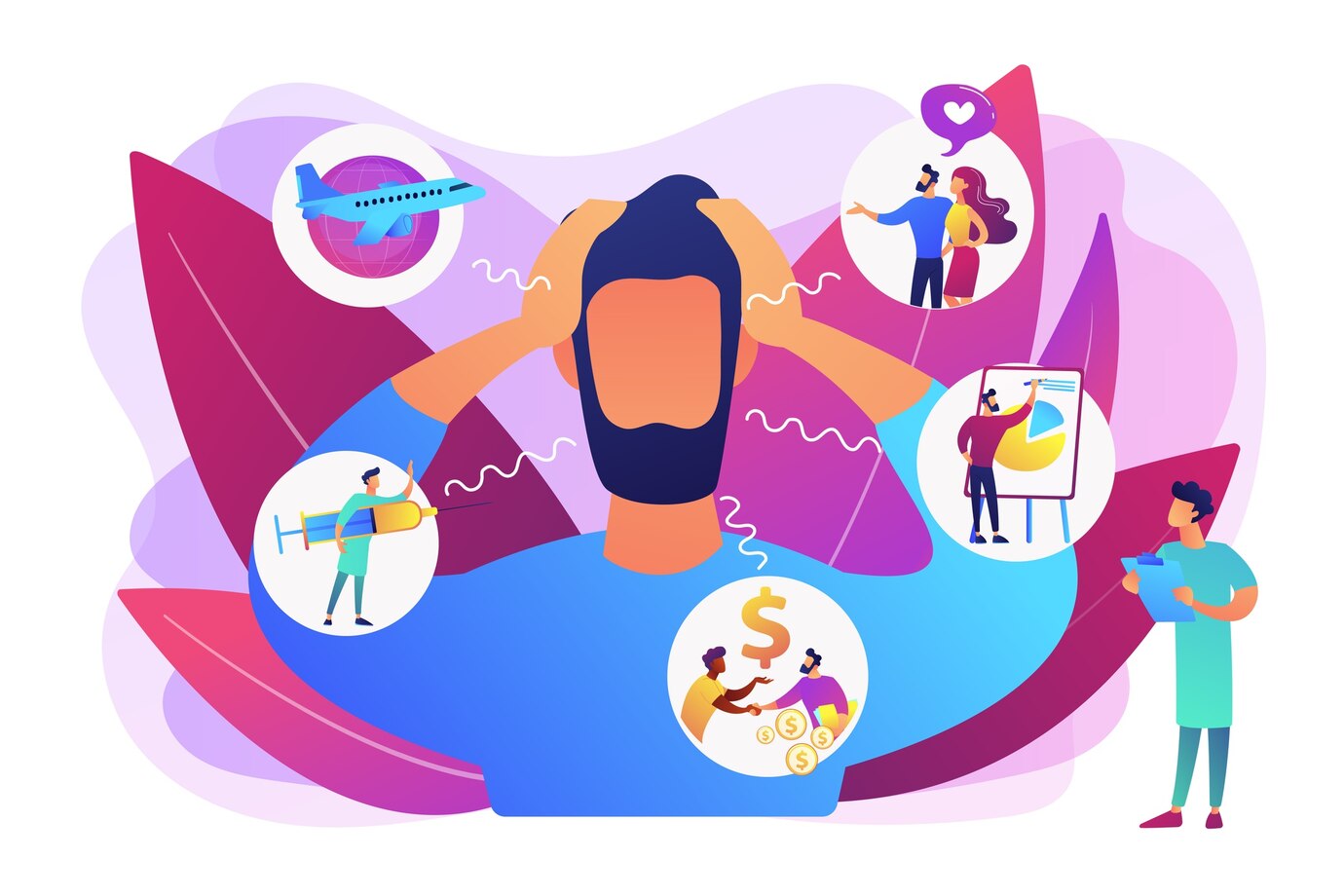
Shedding Light on Depression: Understanding and Overcoming Stigma
In today’s fast-paced world, mental health has become a crucial topic of discussion. Among various mental health issues, depression stands out as one of the most prevalent yet misunderstood conditions. Despite its widespread impact, there still exists a significant stigma surrounding depression. However, awareness and understanding can pave the way for reducing this stigma and providing support to those in need.
What is Depression?
Depression is not just feeling sad or blue for a day or two. It’s a serious mental health disorder that affects millions of people worldwide. It can manifest in various ways, such as persistent sadness, loss of interest in activities, changes in appetite or sleep patterns, feelings of worthlessness or guilt, and difficulty concentrating or making decisions. Depression can significantly interfere with an individual’s daily life, relationships, and overall well-being.
Understanding the Stigma
Unfortunately, stigma surrounding depression persists due to misconceptions and stereotypes. Some people believe that depression is a sign of weakness or that those affected should just “snap out of it.” This stigma often leads to feelings of shame and isolation, preventing individuals from seeking help and support when they need it most. Moreover, cultural and societal norms can further contribute to the stigma, making it challenging for people to openly discuss their struggles with depression.
Promoting Understanding
Education is key to combating stigma and promoting understanding about depression. By learning more about the causes, symptoms, and treatment options for depression, we can break down misconceptions and foster empathy and support for those affected. It’s essential to recognize that depression is a legitimate medical condition that requires professional help and support from loved ones.
Reducing Stigma
Reducing stigma requires collective efforts from individuals, communities, and institutions. Here are some ways we can work towards destigmatizing depression:
- Open Dialogue: Encourage open and honest conversations about mental health. By sharing personal experiences and listening without judgment, we can create a safe space for individuals to seek help and support.
- Education and Awareness: Provide education and resources about depression in schools, workplaces, and communities. Increased awareness can challenge stereotypes and encourage empathy and understanding.
- Compassionate Support: Offer support and encouragement to those struggling with depression. Let them know they’re not alone and that seeking help is a sign of strength, not weakness.
- Advocate for Change: Advocate for policies and initiatives that prioritize mental health awareness and support. By speaking out against discrimination and promoting access to mental health services, we can create a more inclusive and supportive society.
Ending the Stigma
Together, we can break down the barriers of stigma surrounding depression and create a world where everyone feels comfortable seeking help and support for their mental health struggles. Let’s promote understanding, compassion, and acceptance, one conversation at a time.
To seek medical advice, always consult a Doctor. Here are our recommended experts. Click here
To read more on Neurology. Click Here



